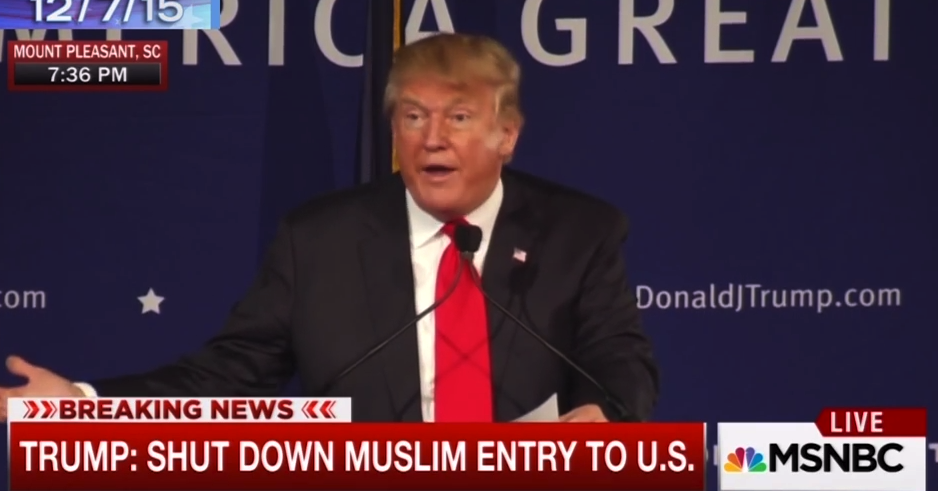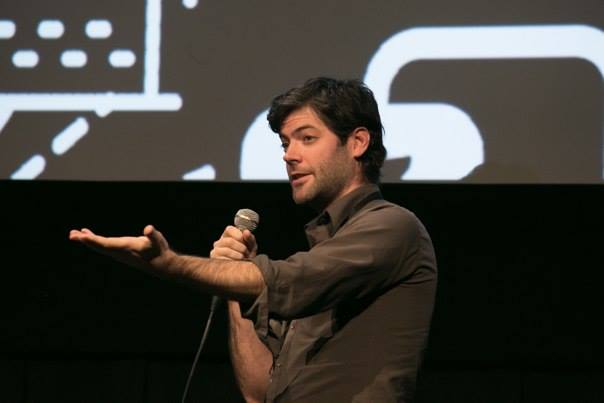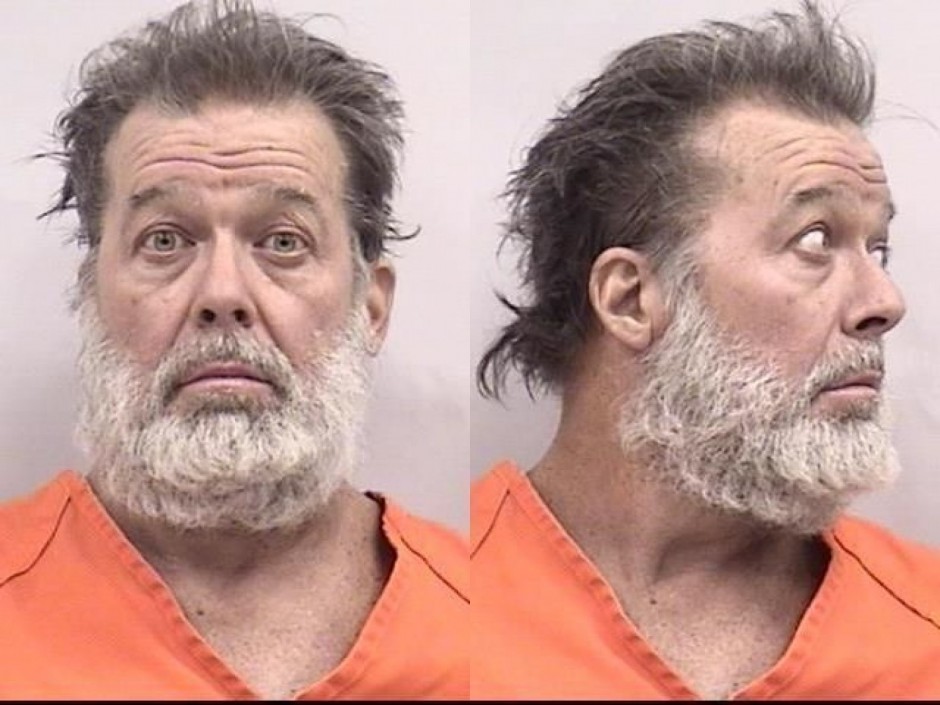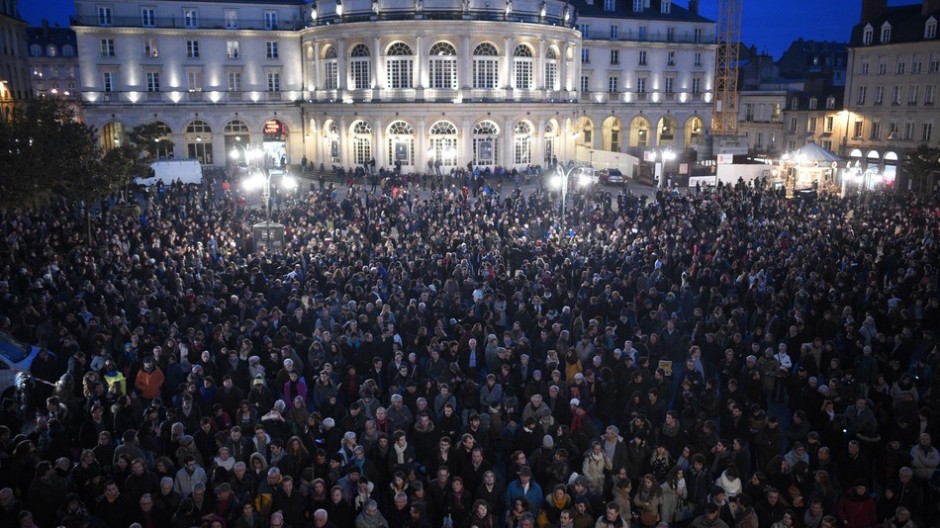Those who only a number of years ago were touting the merits of deplatforming offensive speakers, using mob action to shame wrongthinkers or get them fired from their jobs are now reaping the whirlwind. Offense has crossed over, and is serving a new master.
But a moral position on speech with the defense of the oppressed at its core couldn’t cross over, surely? Of course it can. Ideas can and do often cross over in small units, disassociated from their origins. If you don’t believe me, just look at one of the perfect analogies of this phenomenon in the natural world – the curious case of antibiotic resistance.
Antibiotics were first discovered in the formal sense in 1928 by Alexander Fleming, and first synthesized in a more massive scale in 1942 by Ernst Chain, Howard Florey and Edward Abraham. But with their incredible, paradigm-changing success, the general trend of antibiotic resistance came to be understood as inevitable. Naturally, as antibiotics were so effective at killing bacteria, over time the few that mutated to possess resistance would be the ones left behind. The rise of such bacteria was an inevitable consequence of Darwinain evolution, a consequence we feel all too acutely now as traditional antibiotics become less and less effective.
But at that time, perhaps nobody could’ve predicted one of the methods by which such bacteria could become resistant – the passing of resistance factors from one bacteria to another through horizontal transfer via transposons, plasmids or viruses. Bacteria can pass the genetic material for resistance alone from one to another, including completely different kinds of bacteria.
In this sense, the overexposure of one strand of bacteria to antibiotics becomes the advantages acquired by another strain, and the danger to our health incurred in one area becomes incurred in another. Overuse of antibiotics is no longer a limited problem, it becomes a universal problem. We need not wait for all bacteria to spontaneously mutate into more virulent forms. The virulence now crosses over, and without a renewed public effort towards the development of new antibiotics, soon it will be ubiquitous, our health defenses set back over a hundred years.
Such is the reality of information, be it genetic, linguistic, or ideological. In any space of survival, as Dawkins described in ‘The Selfish Gene’, it is the individual unit that is vying for survival, and without any concept of consciousness at all, it will collaborate with other snippets if it helps itself propagate in whatever relevant environment it happens to find itself competing in.
So therefore it should be no surprise, that certain cultural conventions – acting just as Dawkins described them in “The Selfish Gene”, where the concept of the meme was first codified – are now crossing over from left to right and back again in our politics and discourse. Much for the worse.
Over the past 4 to 5 years or so, certain conventions regarding speech and offense became more and more common and ubiquitous among the left. A new memetic complex of postmodernism, critical race theory, gender theory, and identity politics seemed to merge, breed, and finally re-emerge into the zeitgeist as the modern ideology of so-called Social Justice, along with a new, more muscular brand of political correctness not seen since the 90s, now more fully armed by the organizing power of the internet.
For those of us just old enough to have not spent our entire youth in the bubble, the results were surprising. Speakers deemed too offensive, like Ayaan Hirsi Ali and Bill Maher, were subject to constant attempts at forcing retractions of their invitations. Nobel prize-winning scientists making self-aware satirizing jokes about sexism were not given groans for poor taste, their employment was unapologetically terminated. A rocket scientist who successfully landed a spaceship on a comet was shamed in public and reduced to tears for wearing a tasteless shirt. Offensive speakers like Milo Yiannopoulos, whose words were deemed to be doing violence, was met with actual, riotous window-shattering violence. Maoist struggle sessions were mandated for defending the right to wear offensive halloween costumes at Yale. Just recently at Evergreen State University, a professor who did not agree with a request that certain students not be made to leave campus on the basis of their skin color was met by a mob that barricaded professors in their own offices and wouldn’t even permit them to go to the bathroom by themselves.
Some people concerned about these events, I among them, warned that such trends would be dangerous, because such trends can and do cross over. Such postmodernist conventions are always couched in language saying that such behavior is permissible and laudatory in the name of challenging the powerful – but inevitably, as Christopher Hitchens predicted in 1994, the powerful majority eventually decides they want in on the victimhood business too.
Since the election of Trump, and the elevation of his movement, we have seen that this same brand of censorship has indeed fully crossed over. Once a proponent of deplatforming herself, Linda Sarsour recently came under intense pressure to be subject to it, with condemnations of her speaking at a CUNY graduation coming from the father of slain journalist Daniel Pearl and hundreds of holocaust survivors. Reza Aslan had his CNN show cancelled for calling the president a ‘piece of shit’ on social media. Kathy Griffin was similarly let go from CNN’s new years eve broadcast for performing an ‘artistic’ stunt in which she held up a mock-up of the President’s severed head. A college professor defending a race-segregated Memorial Day celebration for Black Lives Matter in a mocking tone on Tucker Carlson was let go from her job for doing so. Another professor, harshly criticizing Trump’s election, went into hiding as her speech to a classroom was secretly recorded by a conservative student and posted online, sending hateful comments her way as well as people sending photos of her house to let her know they knew where she was and imply potential threats to her safety.
These meme may have been birthed as a tool to help the powerless. Once it has undergone horizontal transfer, it becomes a new deadly weapon to further the interests of the powerful.
This is the problem more generally with identity politics. Forming coalitions of minority interests to pursue an agenda isn’t bad in and of itself – a consistent liberal demand for equality coming from such coalitions only benefits all when it crosses over to the majority. But when it becomes tribalism for its own sake, rather than a tool for the furthering of equal civil rights, it only benefits the majority once it crosses over, if only because the majority is still the largest tribe. Postmodern identitarianism is more likely to give us Richard Spencer than new meaningful civil rights legislation, a trend illustrated clearly by the fact that the rhetoric used by identitarians of multiple racial stripes often sounds strikingly similar.
As some of you may know, I am generally not a fan of Reza Aslan. Linda Sarsour, for her vile statements regarding Ayaan Hirsi Ali and anti-semitism, excites me even less. I don’t care for Kathy Griffin, the college professor on Tucker Carlson is a joke, and I’m grateful that Milo’s own words served as the catalyst of his undoing. But I do worry very much when more and more people must fear for their jobs when they wish to criticize the President, even in a profoundly distasteful or stupid way. Our Democracy depends on the ability to do so, and the chilling effect on free speech that these trends has created is real. ( It’s certainly true that there was a deluge of beyond-tasteless criticism directed at Barack Obama when he was in office, but this transferred plasmid of silencing and firing had not quite passed over yet in quite the same way. Times were simpler then.)
Now with this and other tenets of anti-free speech sentiment having crossed over, we’re experiencing a new wave of what I’ve heard described as “patriotic correctness”, a similar desire to censor and shame those who dare to blaspheme against our national leaders or symbols. Holding up such an ideological conception of truth and a disdain for free speech may have been advocated within leftist academia with the very best intentions of helping the marginalized, but now instead it has created the era of fake news and alternative facts within the majority, only making it harder to hold their feet to the fire.
Given that many obvious basic historic inequities exist and are concerning, there are those who advocate that true consistency in ethics, rights, or speech misses the point. Given the nature of power, they assert, there must be a corrective mechanism enacted that constantly challenges the prevailing narrative of those in power. There should indeed be free speech for some, not others. And this idea, consistently applied, should in theory produce the more fair and equitable society we desire.
How many of you feel that is what we are achieving now?
When such conventions cross over – as the inevitably do – who do they end up helping, the powerful, or the powerless?
Are we pressing forward, or have we merely reaped the whirlwind?











